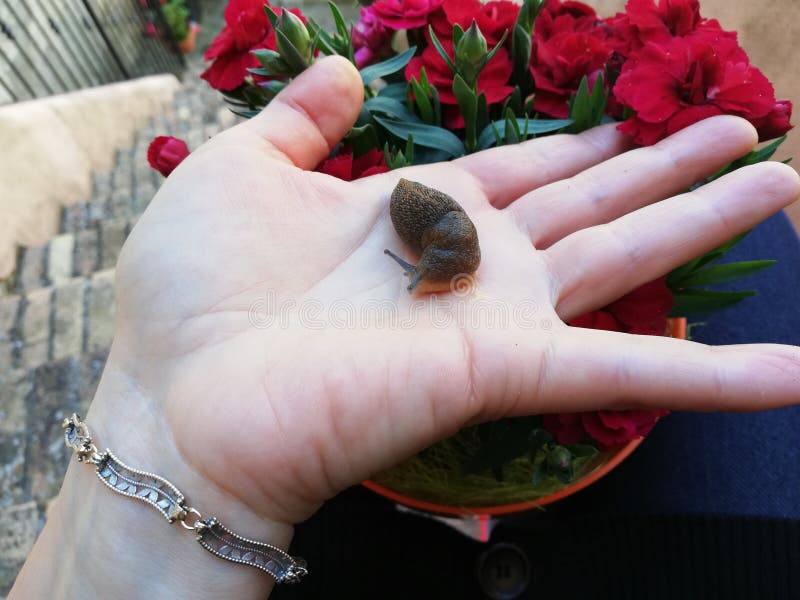

“Beliefs do not fossilize,” says Rick Potts, a paleoanthropologist who directs the Smithsonian’s Human Origins Program.

There’s no way of knowing prehistoric people’s thoughts.
SNAIL WITHOUT SHELL FULL
Written records are full of beliefs about the afterlife, from reincarnation to resurrection, but they date back only about 5,000 years at most. Q: What is the earliest record of humans thinking about an afterlife? “And they will not abandon their queen.” If the wooden frame of their beehive catches fire, the bees will be consumed along with it. “Honey bees will not relocate if fire approaches because the queen is typically incapable of flight at that stage of hive development,” says Floyd Shockley, an entomologist at the Natural History Museum. The threat is even worse for domesticated honey bees, who live in aboveground hives and can’t hunker underground the way wild bees can. When the sunlight gets polarized by smoke, bees become disoriented. Valerie Townsley | French Gulch, Californiaīees use the sun to orient themselves and communicate their locations to others. Q: How does wildfire smoke affect the movement and communication of bees? “It’s like each shell is a snail’s autobiography,” says Jerry Harasewych, curator emeritus at the National Museum of Natural History. Mollusks stay in the same shells for their entire lives and never stop adding to them, though they add less and less as they age.

(Very rare mutations can produce “left-handed” mollusks, whose shells spiral counterclockwise.) These coiled shells are compact and have a low center of gravity, making them efficient to carry as they protect their soft-bodied inhabitants from predators (and in the case of ocean mollusks, from tides and waves). Mollusks have a physical bias toward the right, just as most humans are right-handed, and this makes their shells spiral clockwise. Creatures like snails, clams, oysters and mussels use an organ called a mantle to secrete layers of calcium carbonate, which crystallize and harden. All mollusks build their own shells, whether they live in water or on land.


 0 kommentar(er)
0 kommentar(er)
